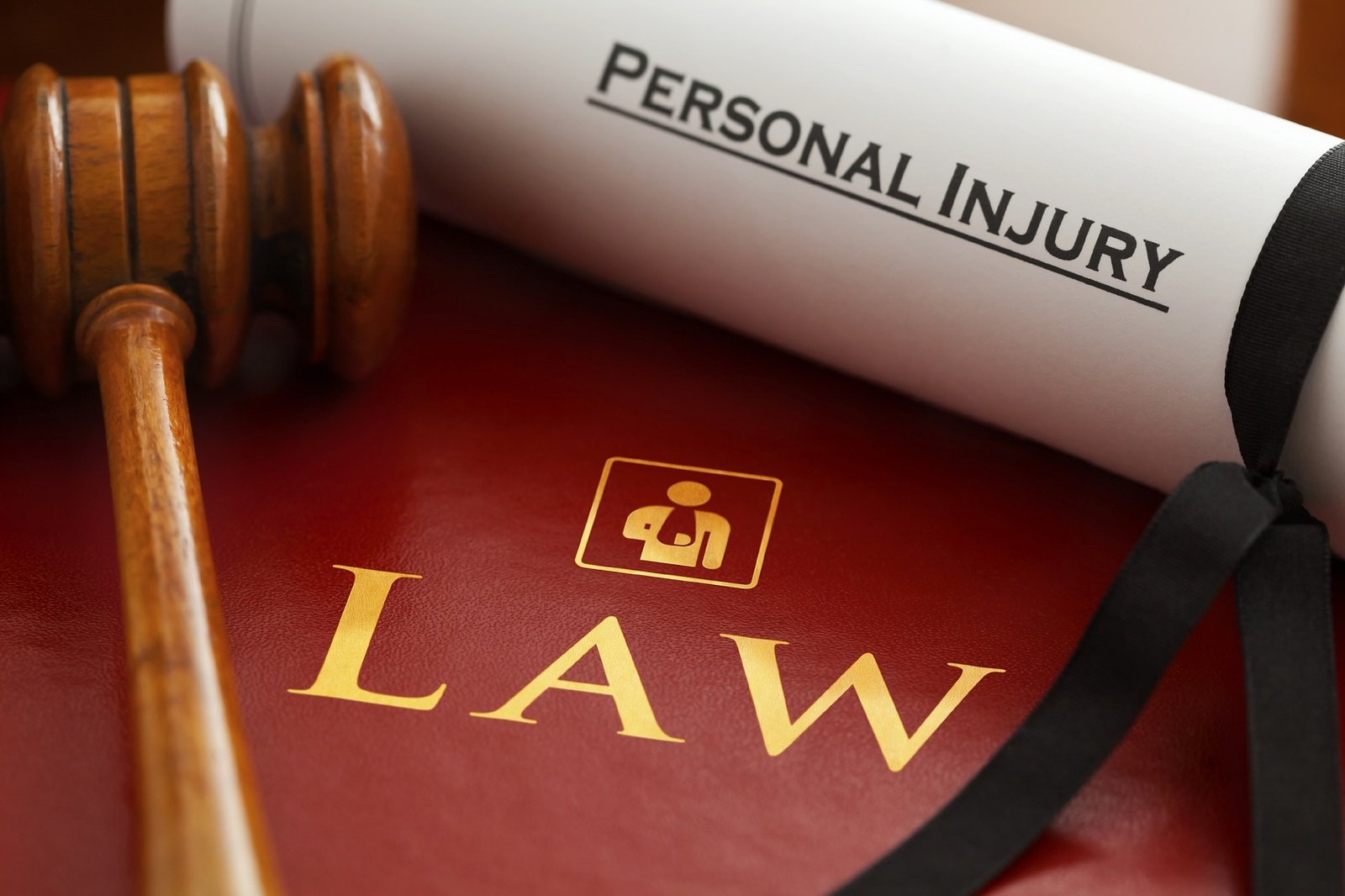Personal injury claims are one of the widest types of cases in civil law; it can range from anything between a dog bite to radiation poisoning in a nuclear plant.
It’s important to understand there can be more than one party involved in a legal dispute of a personal injury claim.

Insurance companies cover the majority of personal injury cases that are related to work and car accidents. In this article, we’ll explore the role of an injury lawyer, the different types of personal injury cases they handle, and how they can help you get the compensation you deserve.
While settlements can be enough for a big chunk of personal injury claims, lawsuits can still be filed under certain circumstances. It’s important to understand that personal injury claims are handled slightly differently in each state, according to state laws and regulations. A successful personal injury claim requires you to have some background on what you should do when you’re pursuing a claim, which is why we’ve made this guide.
Evidence
Just like in a trial, the evidence is the key factor that can make or break a personal injury claim. If there is no evidence to point to any damage being done, the claim will be shut-and-close with no satisfactory ending. Since insurance companies use metrics and numbers to decide, the only way for them to fully compensate you is if you have the evidence that can fully support your claim, whether it’s a minor or major injury.
Preserving evidence isn’t hard if it’s a car accident, as you can take pictures and retrieve police reports of the incident. Also, make sure to have the contact information of any witnesses that have seen the accident. You can expect trusted and seasoned attorneys to work hard to retrieve any information from witnesses and police reports to properly present it to either the court or the insurance company. The weight of evidence in personal injury cases should be of paramount importance to all the parties involved in the process.

Medical Treatment
Even though it’s common sense to get treated as soon as you’re injured, some people minimize the seriousness of the injury and decide to “walk it off”. Unfortunately, insurance agencies can use your reluctance or refusal to undergo medical treatment as proof that your injuries aren’t as serious as you claim, significantly lowering your settlement amount. You want accurate medical reports from doctors in the ER and in-patient clinics to be able to prove the true extent of injuries that you’re claiming. Make sure to follow your doctor’s orders because if the condition worsens due to not adhering to it, insurance companies can press on that wound further.
Comprehensive Valuation of the Claim
It’s very important not to get tunnel-vision as you try to determine the type of damage that has befallen you. It’s not uncommon for people to suffer more than one type of injury, especially with the presence of psychological trauma that’s common with accidents. It’s alright not to be aware of the full extent of your injuries, which is why it’s important to consult both your attorney and doctor to put the damages into a real scale. Evaluation of individual categories is quite important; for example, losing a limb can mean that you’re unable to pursue the same line of work, accrue emotional damage, lost future wages, and many more.

Negotiation
Unfortunately, insurance companies are quite adept at using tactics that minimize the money that goes out of their pocket. In the majority of cases, insurance companies will settle in a fair manner if you provide sufficient evidence and documentation. Insurance agencies know that they have far more resources than you do when it comes to litigation expenses, which is why they depend on the fact that you’ll be reluctant to pursue a lawsuit. Rejecting a settlement can show the insurance company that you’re dead-serious about your injuries, and you won’t be backing off until you either receive proper compensation or win your lawsuit.
The Timing of Filing the Claim
You should know that there is a metaphorical countdown timer for filing the claim that begins once you’re injured. The statute of limitations is quite variable for different states and types of injuries; you don’t want to risk filing your claim beyond the statute of limitations because that can get it easily rejected. This is very important as you’ll still be able to have a firm grip on collected evidence and show the insurance company that you’re quite serious about your claim and extent of the injury.
For instance, if you got in an accident in a state like Florida and were injured as a result, you have up to four years from the date of the accident to file your claim. However, in cases where there is severe injury or death involved, this time frame could be reduced to two years. Lawsuits filed after the statute of limitations has expired rarely get accepted by courts. This is why it’s crucial to work with Kendall, Florida personal injury lawyers who are knowledgeable about the current laws and regulations in your state. They can help you file your claim within the appropriate time frame and ensure that all evidence is collected promptly.
While the majority of insurance companies will provide you with a fair settlement if you follow their rules, you should always be on the lookout for acts of bad faith that can mess with the compensation you truly deserve. Consulting a personal injury attorney should be at the top of your priority list once you find yourself in need of filing a personal injury claim.







